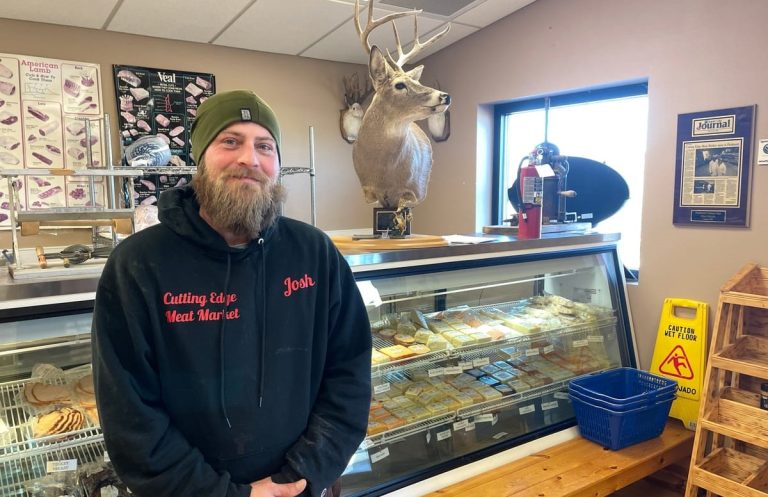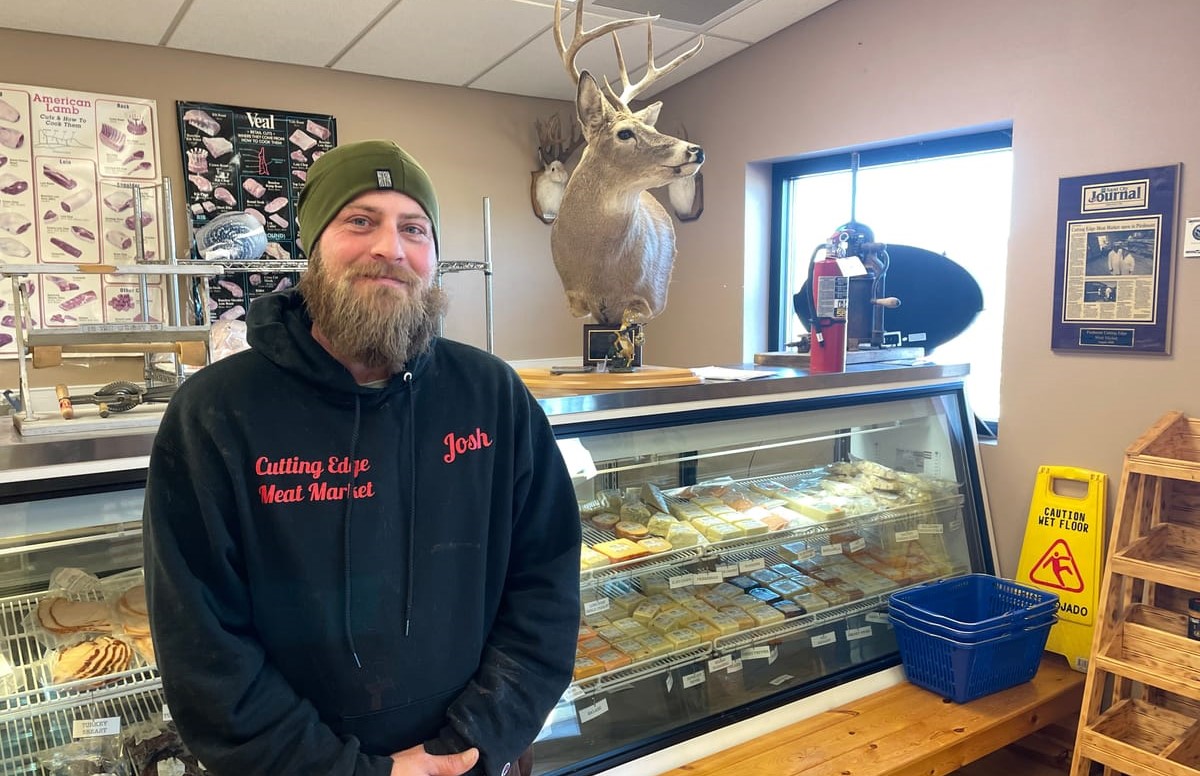COLUMBIA, MO – Make sure bulls are physically and reproductively sound before the fall breeding season, says University of Missouri Extension livestock specialist Patrick Davis.
“Performing a bull breeding soundness exam (BSE) prior to the breeding season ensures bulls are fertile and physically sound at turnout,” Davis said. “Using bulls with unacceptable fertility and physical soundness can result in poor cow herd conception rates, which hurts cattle operation productivity and profitability.”
With limited feed resources in the summer and fall, it is important to evaluate and make sure bulls are in proper energy status as they enter the breeding season, he said. Energy status is evaluated by body condition score (BCS), which ranks cattle fat cover on a scale of 1 to 9, with 1 being emaciated and 9 being obese. Low energy status can affect the bull’s fertility and ability to breed females. Bulls need to have a 6 BCS, which is a smooth appearance of fat cover, prior to turnout for a successful breeding season.

Bulls need to be structurally sound to be succeed during the breeding season, Davis said. One measurement used to assess bull structural soundness is foot scoring. Two components of foot scoring are the claw set and foot angle. These components are ranked on a 1 to 9 scale, with 5 being ideal. Bulls that range from 3 to 7 on the two components have adequate soundness. Since bulls travel a great distance during the breeding season, make sure bulls are evaluated and are acceptable in claw set and foot angle prior to turnout, he said.
During the BSE, remember to vaccinate bulls and treat them for internal and external parasites. This helps ensure the bulls are healthy and do not pass diseases or parasites to the rest of the cow herd. Consult your veterinarian and develop a bull vaccination plan that can be implemented during the exam.
According to University of Arkansas Extension, one in five bulls fail a breeding soundness exam. At BSE clinics held by MU Extension in cooperation with Zoetis Animal Health and local veterinarians in southwestern Missouri since 2005, the range in bull deferral/failure rates was 17% to 3.2%.
Work with your local veterinarian, get your bulls tested and evaluate your bulls based on what has been discussed,” Davis said. “Identify low-fertility, poor-foot-structured bulls and replace them to help the productivity and profitability of your cattle herd. If necessary, increase supplementation now to ensure bulls have adequate body condition for the upcoming breeding season.”
For more information, contact your local Extension livestock specialist.












